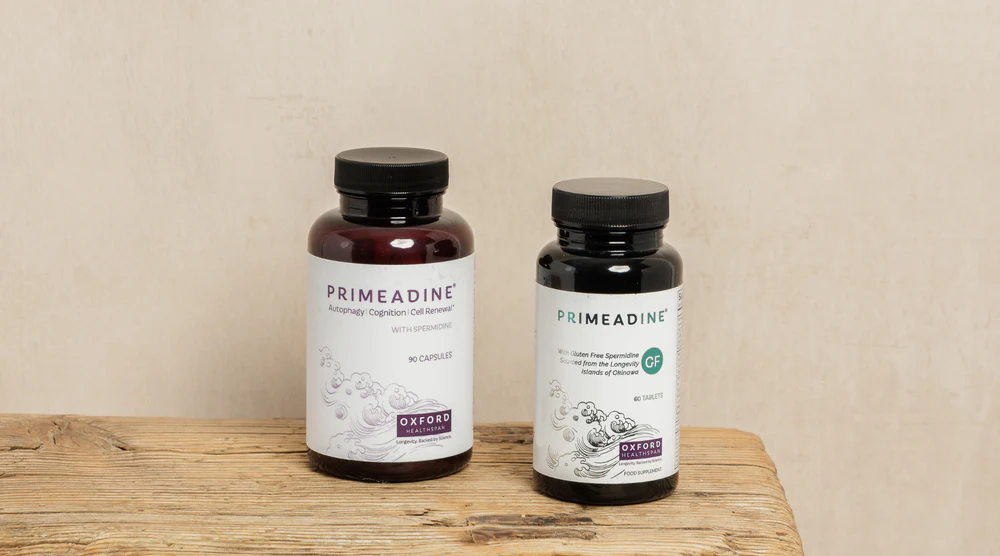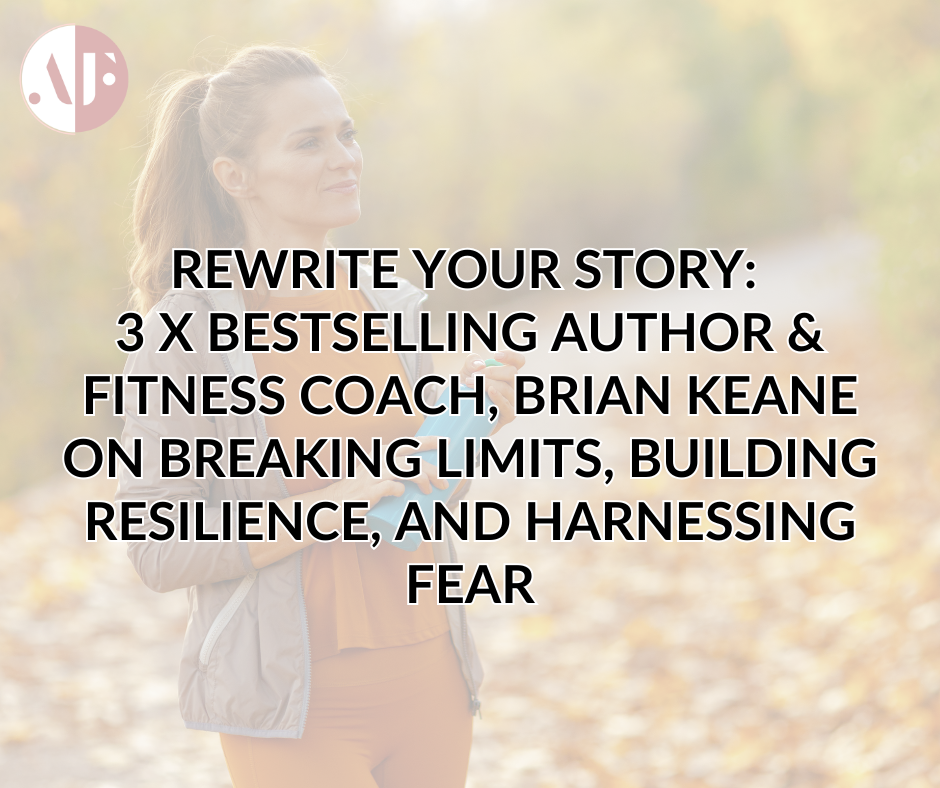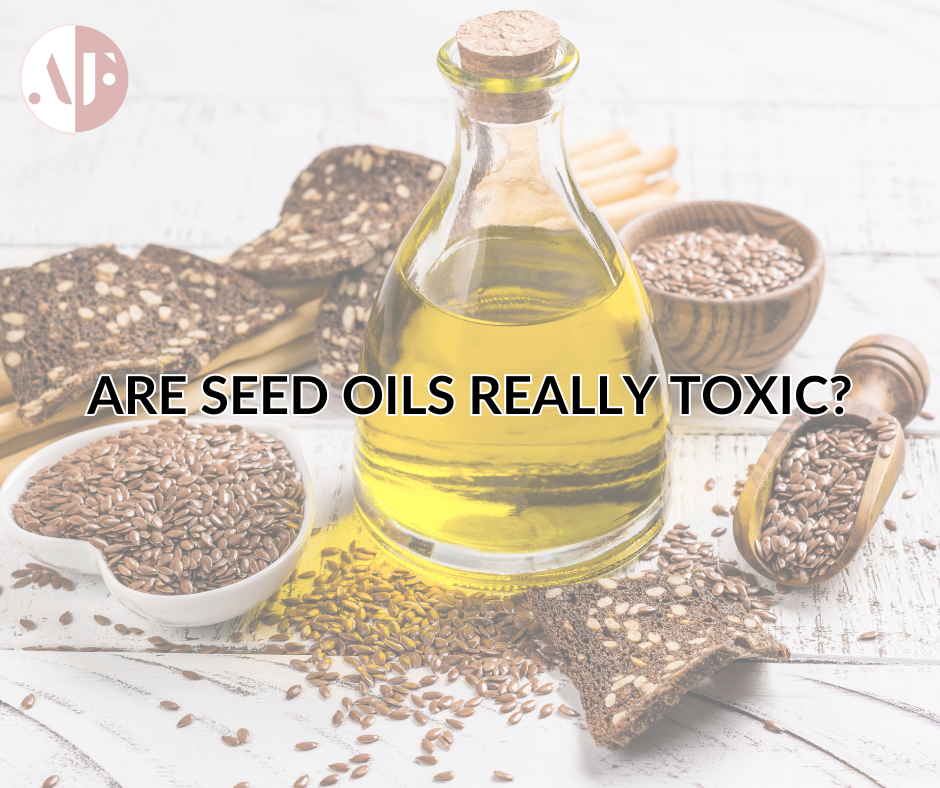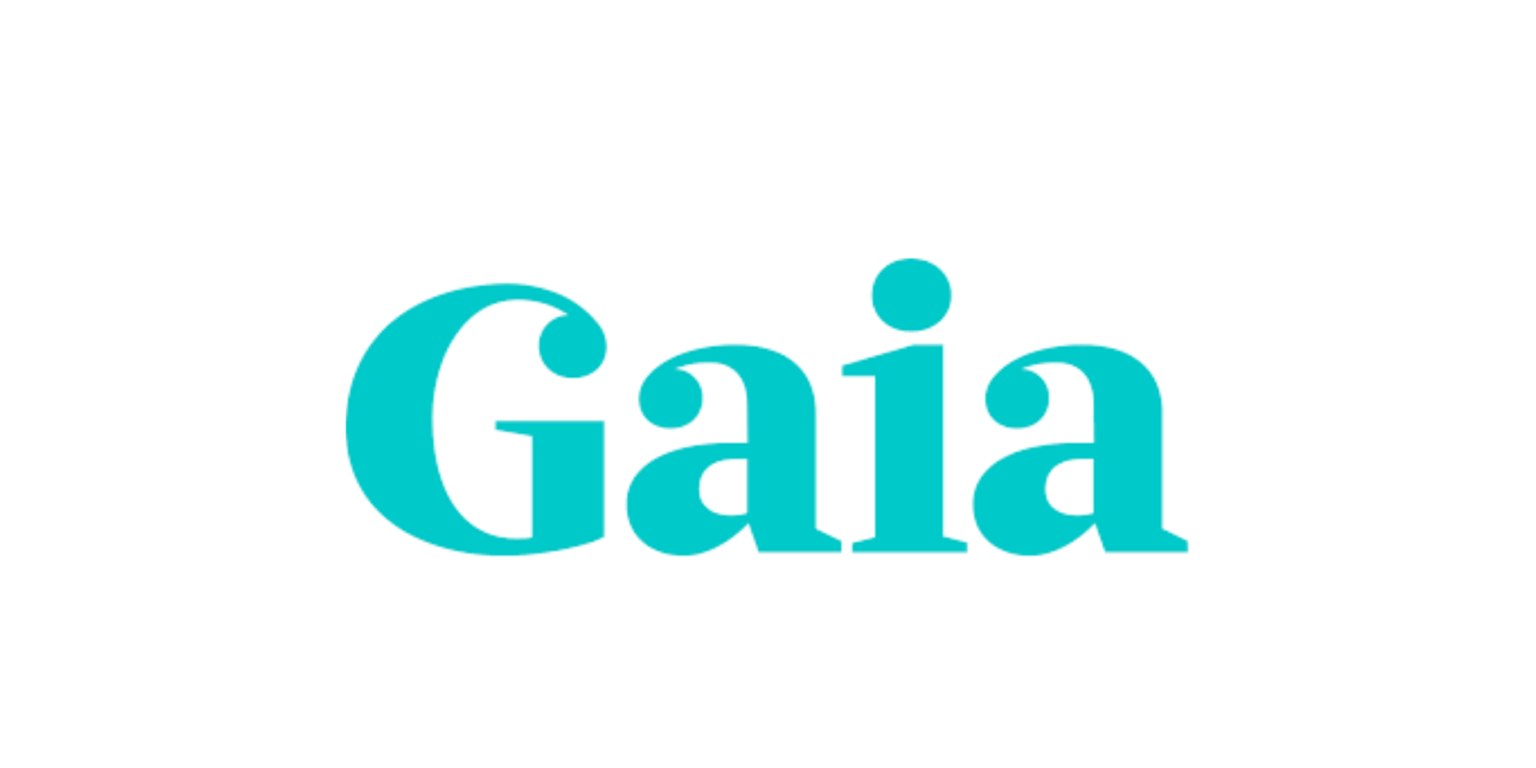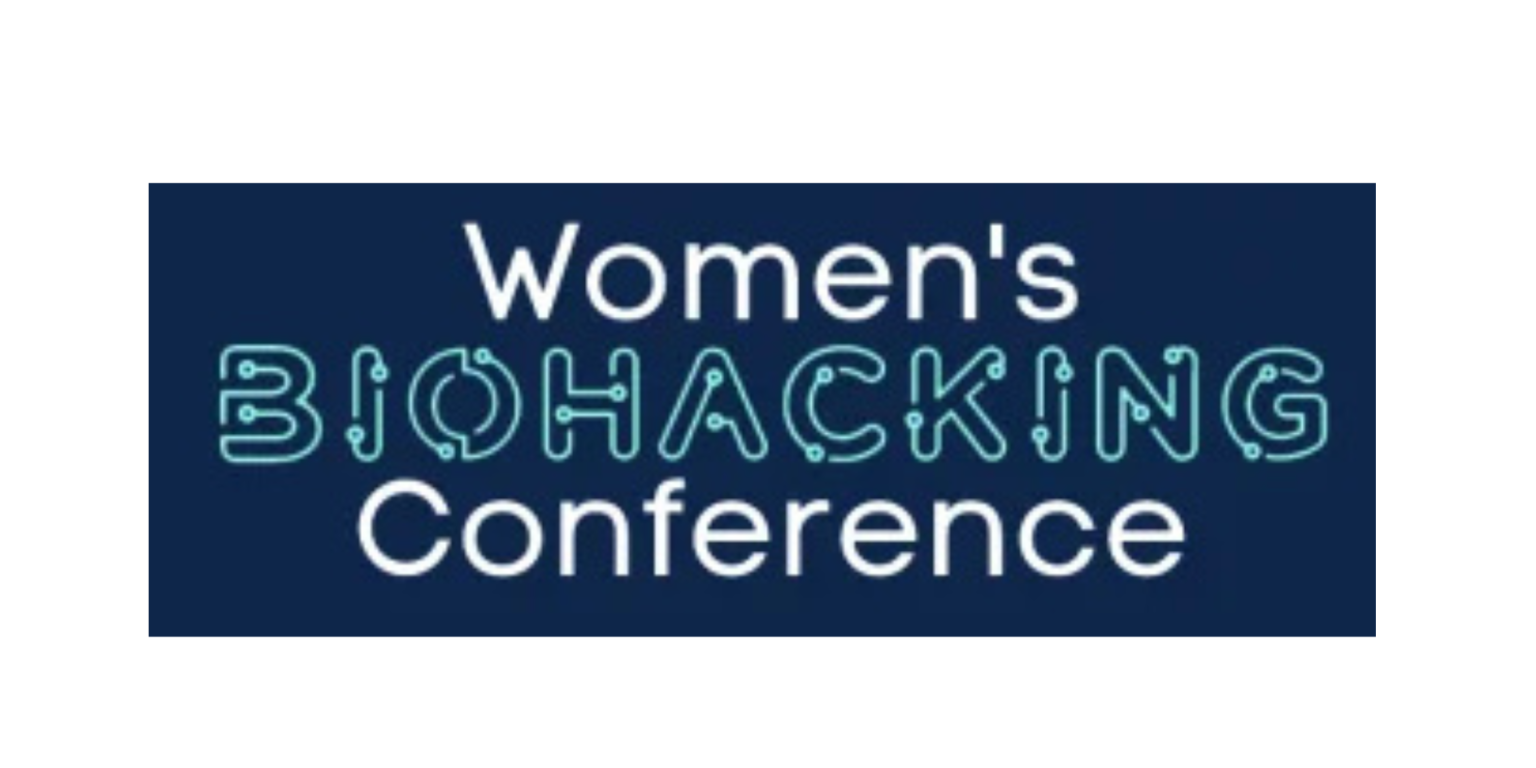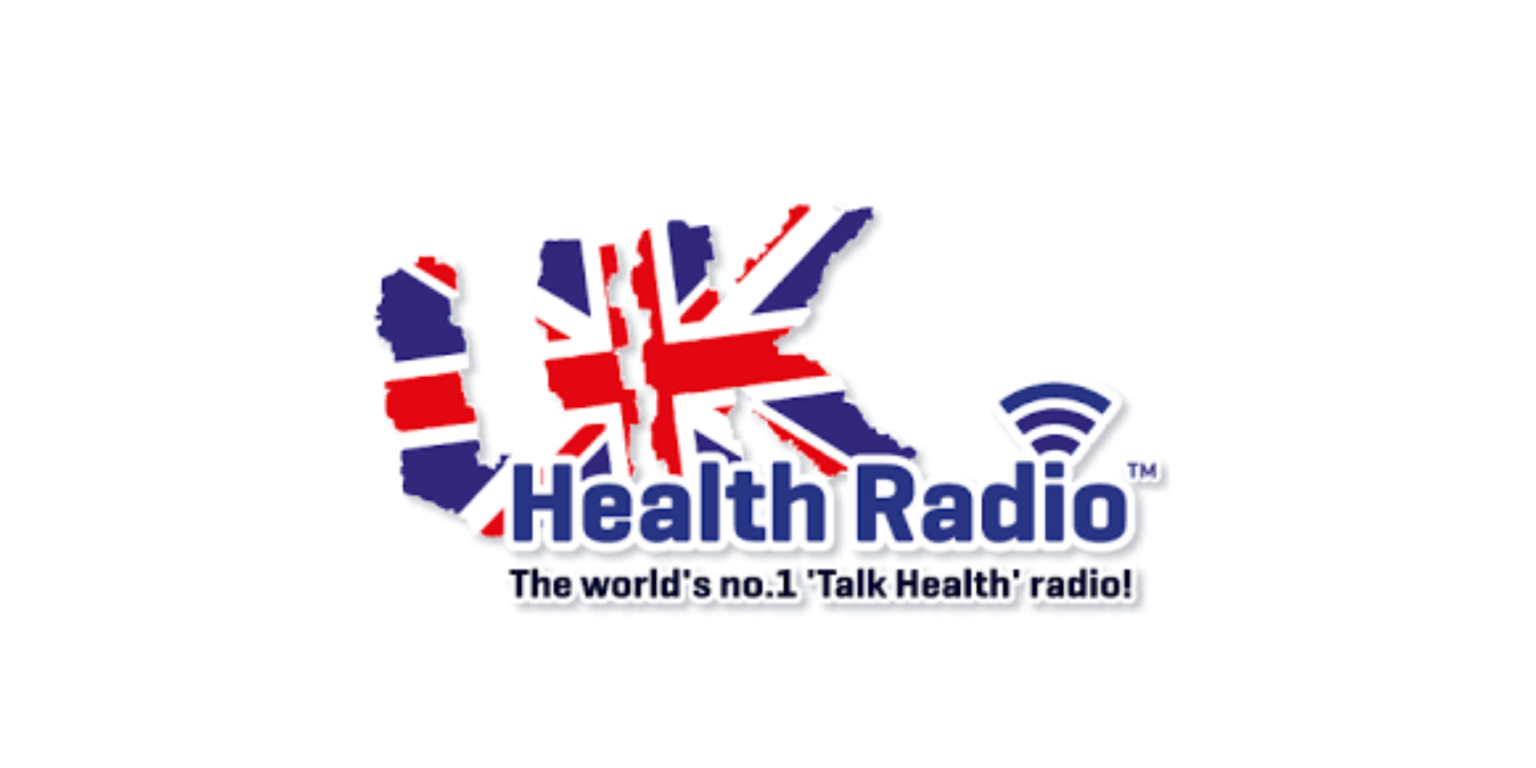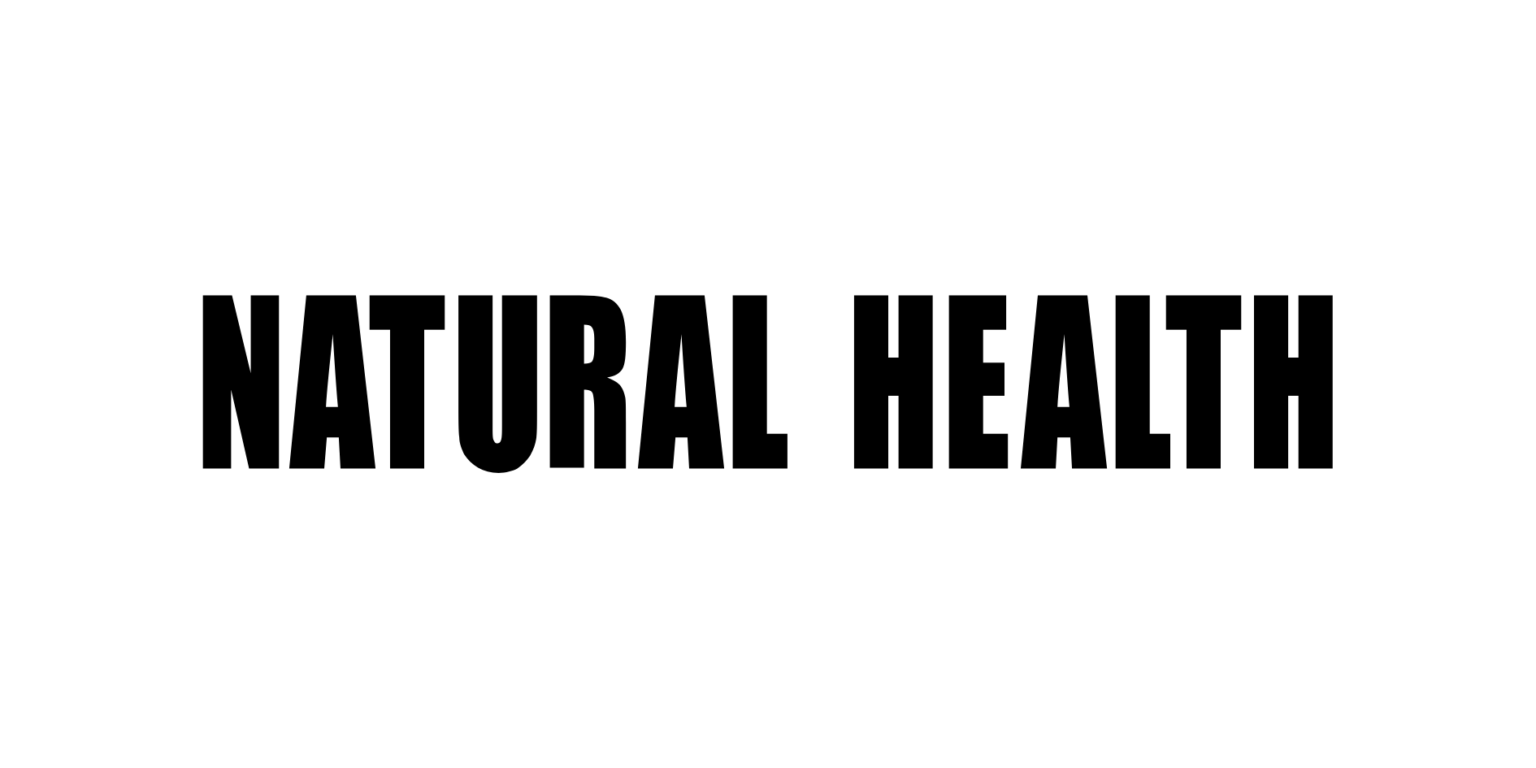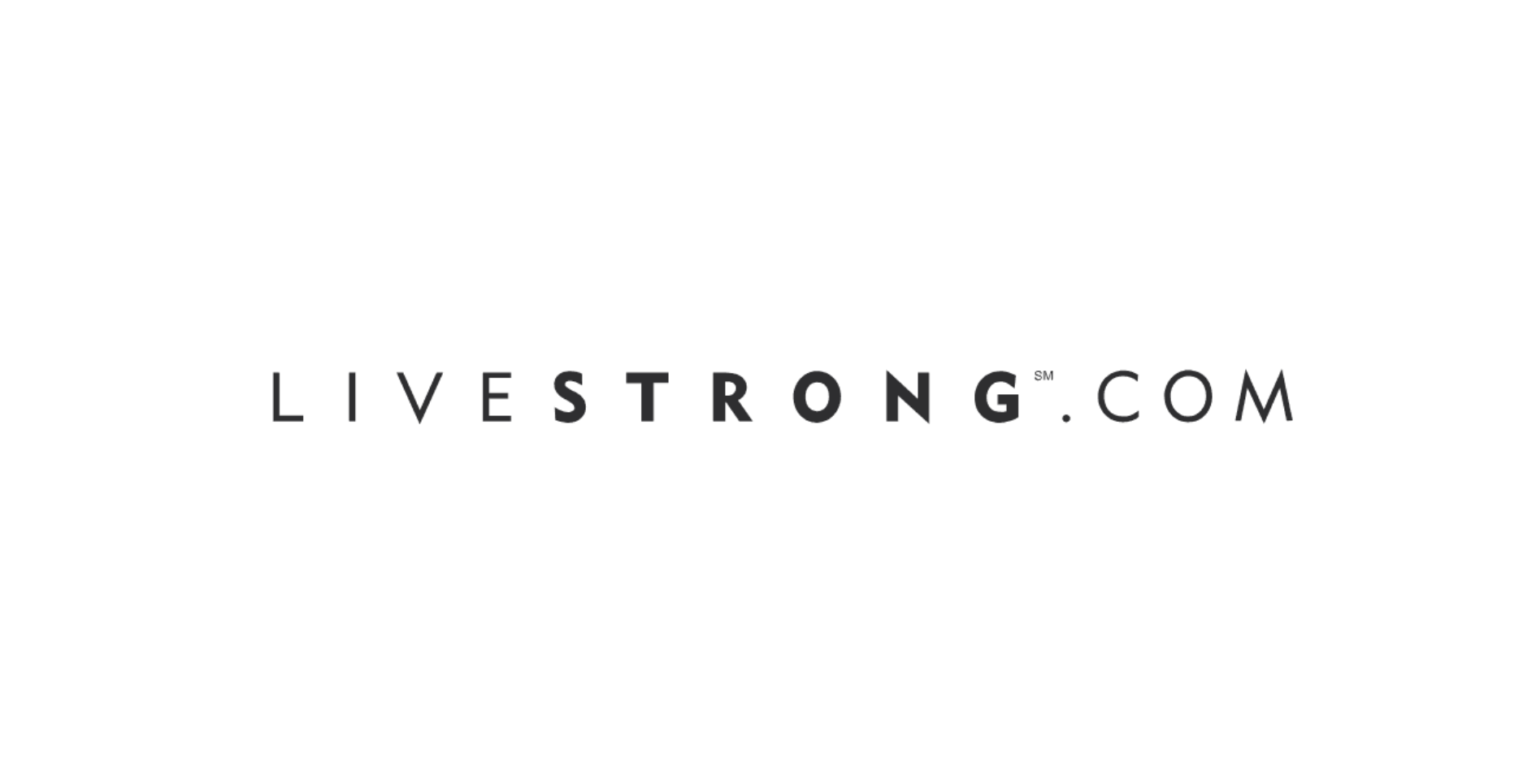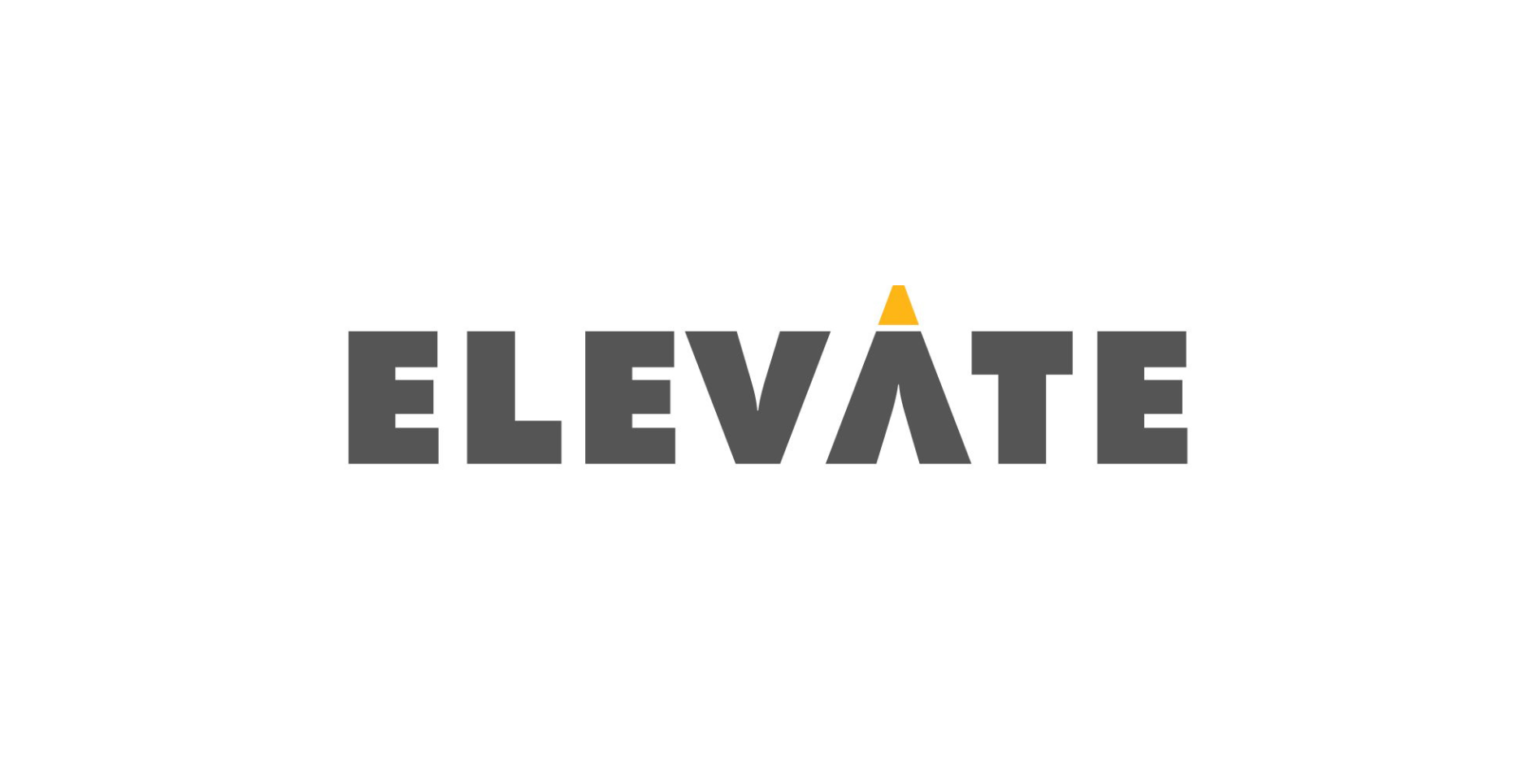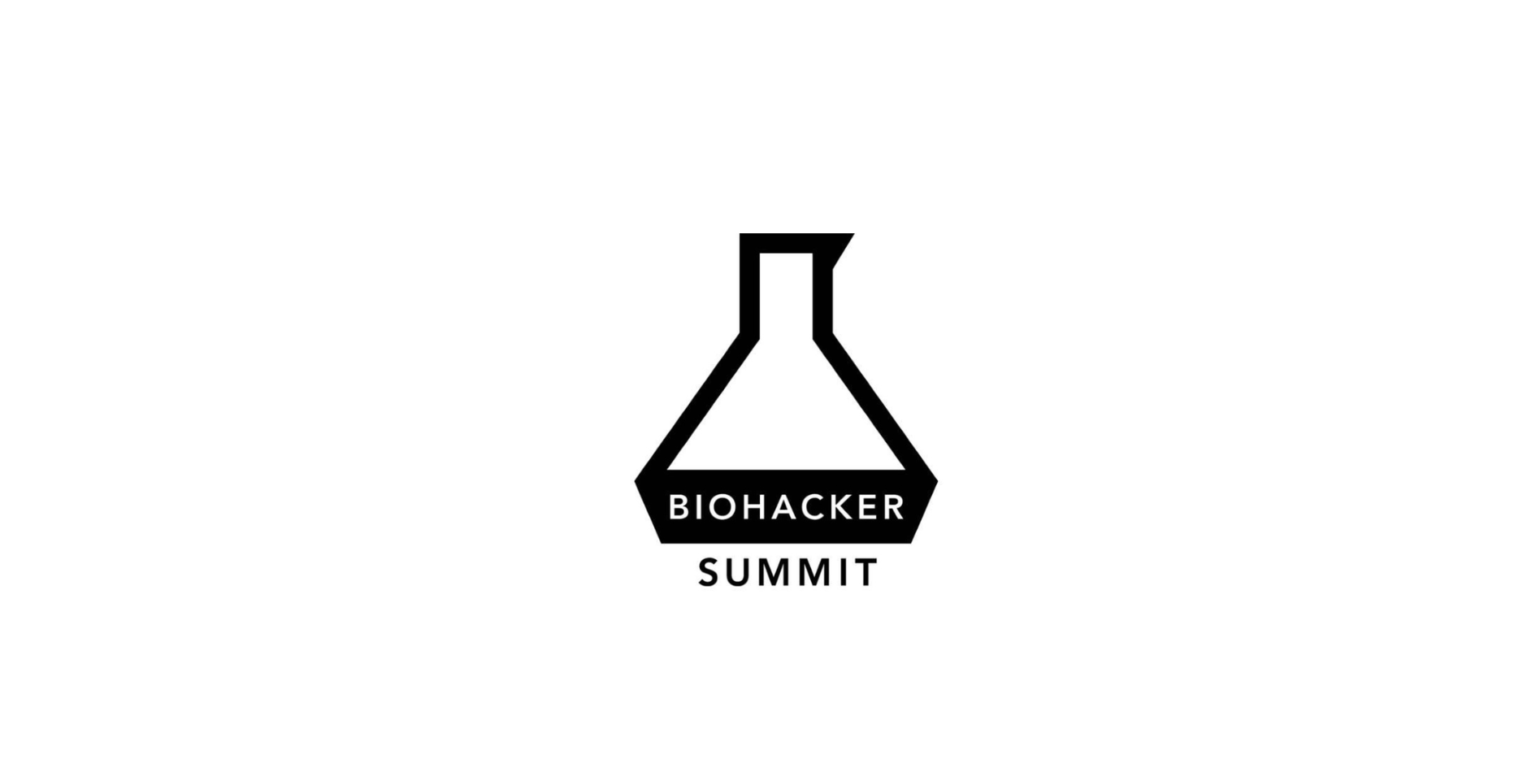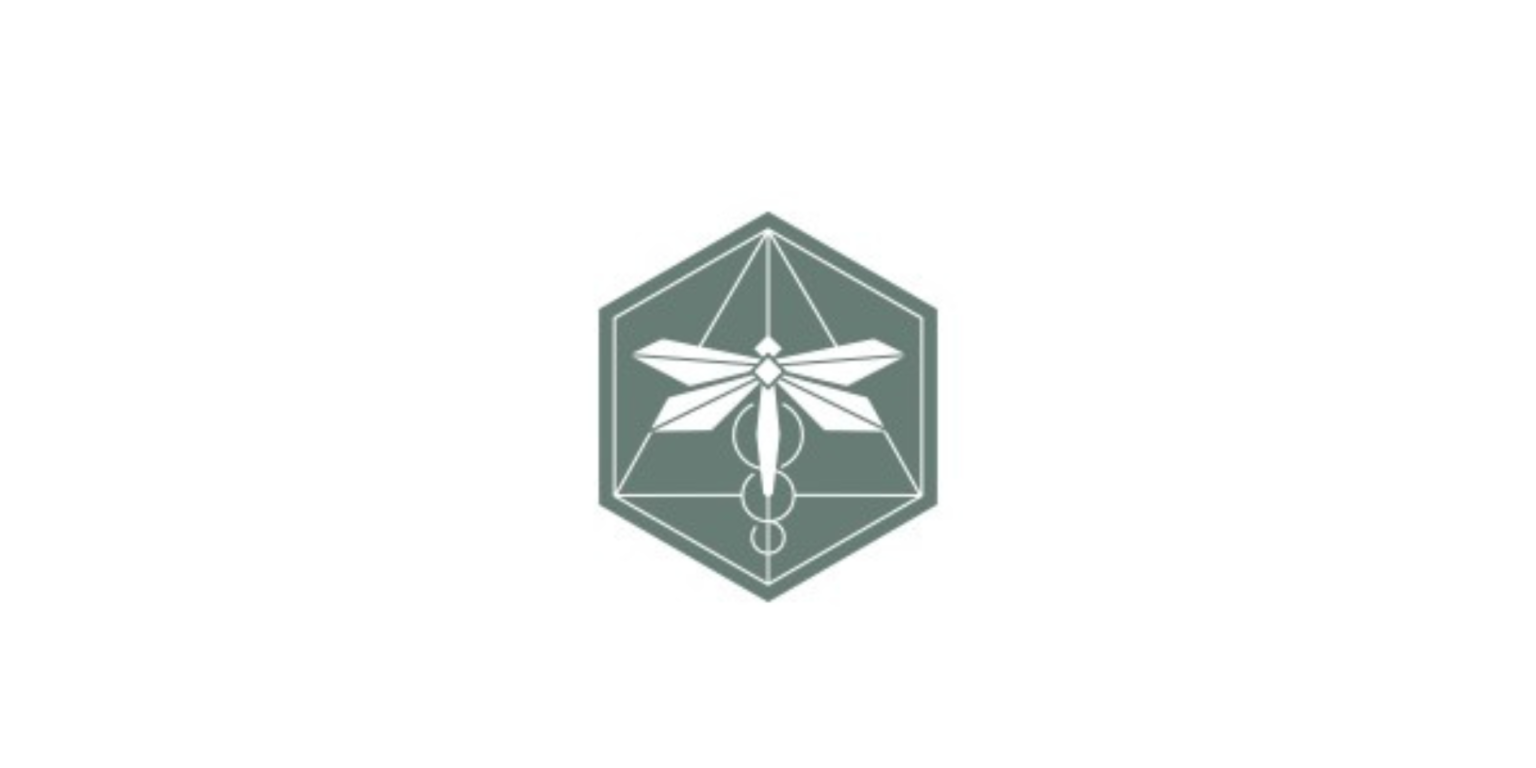WHY WOMEN NEED TO EAT MORE FAT TO BALANCE HORMONES, LOSE WEIGHT AND LOOK YOUNGER

For decades, we were told to limit fats to lose weight and lower our risk of heart disease. Many women still worry that if they eat fat, they will gain weight.
The truth is we need to eat fat to stay lean and healthy, balance out hormones and look younger.
The theory that saturated fat caused heart disease has largely been debunked and evidence no longer supports the low fat recommendations you’ve been hearing about for the last few decades.
Including sufficient healthy fat in your diet is especially important for women. Keep reading to hear why fat is key to looking, feeling and most importantly, being, healthy and glowing with vitality.
FAT HELPS YOU STAY “FULL” FOR LONGER
Eating fat helps you to “feel full” for longer and so you end up eating less. Think about the last time you ate a higher carbohydrate meal such as that takeaway pizza or Italian. You most likely felt full for a bit, collapsing on the sofa in a “carb coma” before opening the cupboard to find something to tickle your fancy.
Contrast this with how long you can go after eating a grass fed pastured raised steak with buttery vegetables or some smashed avocado and eggs and you’ll remember what it feels like to truly satisfy your hunger and be able to not even think about food for a good 8 hours.

Eating fat helps you to keep your blood sugar stable. It has a lower impact on insulin than carbohydrates and protein (which can raise blood sugar through a process known as gluconeogenesis).
Controlling your blood sugar is key to staying lean and healthy, optimizing concentration, focus and energy and limiting your risk of type 2 diabetes. Our individual sensitivity to carbohydrates varies depending on our genetics. To find out more about this, watch this free masterclass series on how your DNA affects your health outcomes here.
Eating fat alongside other foods can also slow the release and absorption of the carbohydrate that you eat alongside those foods. This means that your pancreas does not release as much insulin as it would do if you were to eat those carbohydrates by themselves. Foods that are high in carbohydrates and low in fat can quickly elevate blood sugar levels and cause inflammation in the body. This can increase your risk of coronary heart disease.
HIGHER FAT DIETS MAY HELP YOU TO LOSE WEIGHT
Many people on weight loss diets restrict calories in the hope of losing weight faster. However, these diets are hard to stick to and almost inevitably lead to a return to previous eating habits and subsequent weight gain. Research indicates for every diet the average person goes on they gain 11lbs of fat (fat, not muscle and fat).
Food is chemical information for the body and so the way in which it breaks down calories is different for every person.
Eating a diet which is lower in carbohydrates and higher in healthy sources of fats has been shown to help individuals lose weight faster because lower carbohydrate diets lead to less spikes in insulin.
Eating carbohydrates, especially fast burning processed carbohydrates such as pasta or bread, raises blood glucose faster which prompts the production of insulin by the body. Insulin cues the body to store fat and so apart from increasing your risk of diabetes from higher blood glucose and higher insulin production, it also leads to weight gain.
Long term calorie restriction and low fat diets can lead to insulin resistance, thyroid issues and suboptimal hormones. It can also lead to higher food cravings with a dysregulation of leptin and ghrelin – the hunger and satiety hormones.
FAT HELPS ENHANCE COGNITION AND IMPROVES PERFORMANCE

Consuming fat can also help to enhance cognition and improve focus and productivity.
Brain cells communicate with each other by sending electrical impulses. They have a fatty layer around them called myelin which helps the signals travel faster.
If myelin breaks down, communication between brain cells slows down. These changes can be subtle at first. For example you may start to forget why you walked into a room and will be looking for your keys when they’re in your pocket.
Around 60% of your brain is made of fat. Approximately 25% of that fat comprises cholesterol. Docosahexaenoic acid (DHA) obtained from foods containing Omega-3 fatty acids are used to form parts of the brain and spinal nerves. Consuming plenty of oily fish is important in this regard.
Saturated fats and cholesterol are important in building myelin and also in supporting it’s maintenance. Individuals with low levels of HDL cholesterol may experience cognitive decline.
FAT IS VERY IMPORTANT FOR OPTIMAL HORMONAL BALANCE

Healthy fats are an important part of hormonal balance. In order for women to function properly and feel at their best they need to balance levels of both oestrogen and progesterone.
In women with fertility issues, who are consuming a low fat diet, adding in some grass fed butter, egg yolks and MCT oils can help to boost hormone levels and fertility.
Even if you are not looking to conceive a baby, fertility is a sign of health and vitality. A drop in fertility, can lead to:
Weight gain
Acne
Hair loss
Lack of energy
Loss in libido
Excess body hair.
To ensure adequate progesterone production, in addition to managing stress (a common cause of low progesterone production), women need to make sure that they are consuming sufficient levels of healthy fats such as olive oil, grass fed butter, MCT oil (found in coconut oil), avocados, walnuts and flaxseed.
FAT HELPS YOU LOOK YOUNGER
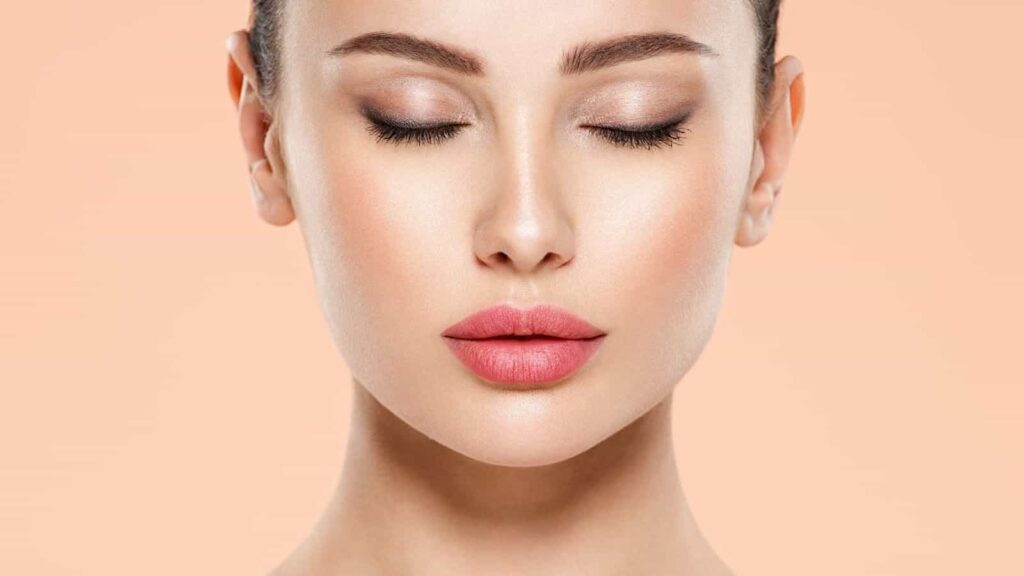
As we age, collagen and elastin start to break down in the skin and this leads to wrinkles.
Eating healthy fats helps to enhance the skin’s elasticity. Many healthy sources of animal fats are a great source of vitamins A and E and zinc which are important for collagen production and improved complexion.
Drinking a high fat smoothie with collagen powder, avocado, blueberries, spirulina and almond butter is another great way to boost fat and antioxidant intake.
THE BEST SOURCES OF HEALTHY FATS FOR WOMEN
If you want to get, and stay, lean and healthy, improve your skin tone and elasticity, balance your hormones and look younger, then make sure you include the following sources of healthy fats in your diet:
Grass fed meat
Grass fed butter / ghee
Wild salmon, sardines
Krill oil
Pastured eggs (especially the yolks)
Extra virgin olive oil
Avocados and avocado oil
Coconut oil
C8 MCT oil
High quality dark chocolate (85-90% plus)
For more information on how to optimise your diet for health and longevity and understand how your genes play a part in this, watch my free masterclass series on how to Master Your Metabolism.
Share Article
Subscribe to receive the latest health tips
Get my latest health, fitness, biohacking, anti-aging tips, and podcast episodes delivered straight to your inbox.
Recent Podcasts
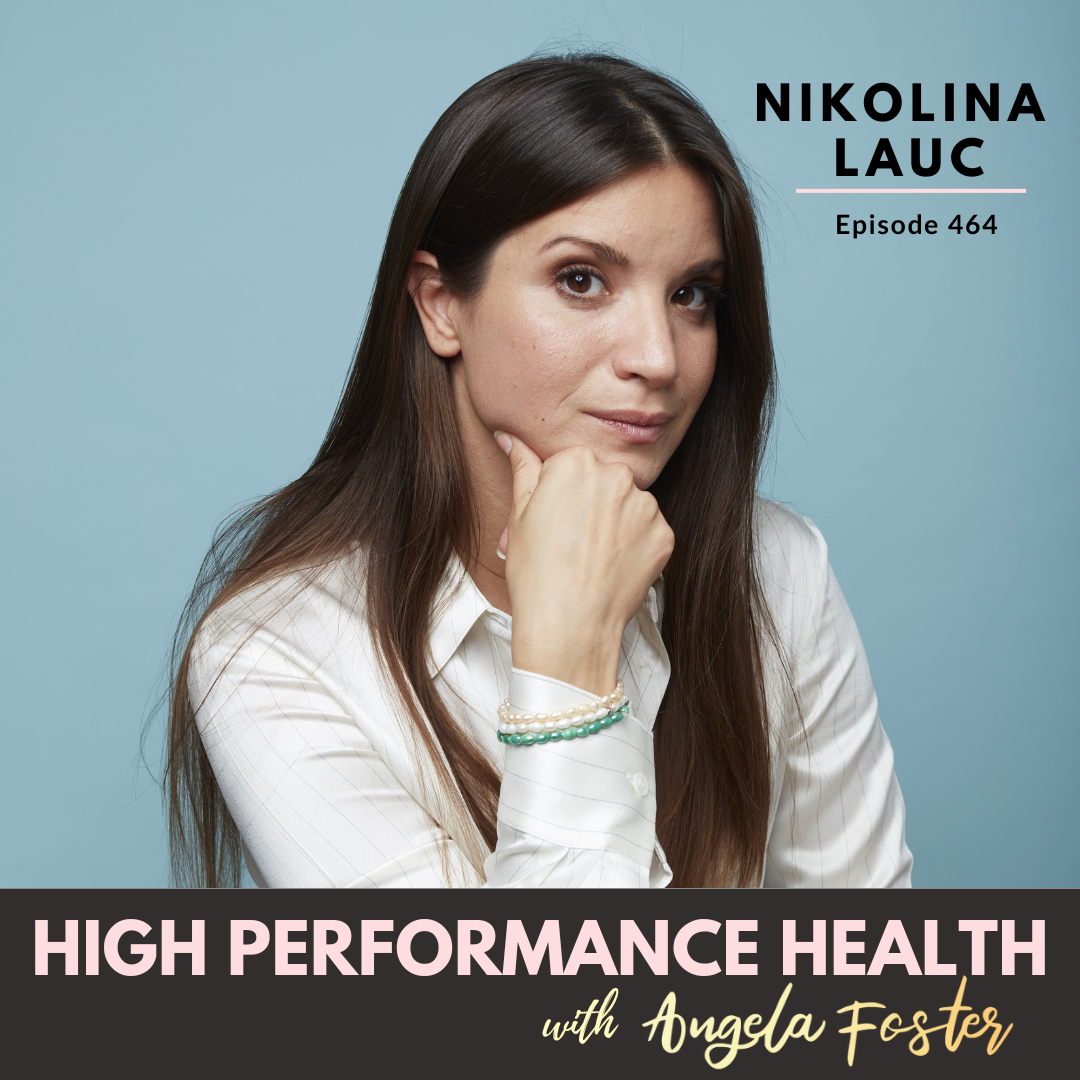
EP 464- How to Reverse Biological Age, Balance Hormones & Slow Down Ageing—The Power of Glycans for Women’s Health | Nikolina Lauc
IHeart Rate Variability (HRV) is one of the most powerful biomarkers we have for understanding how well our body adapts to stress, and it’s a core focus in my BioSyncing® Blueprint. But what actually moves the needle on HRV the most?
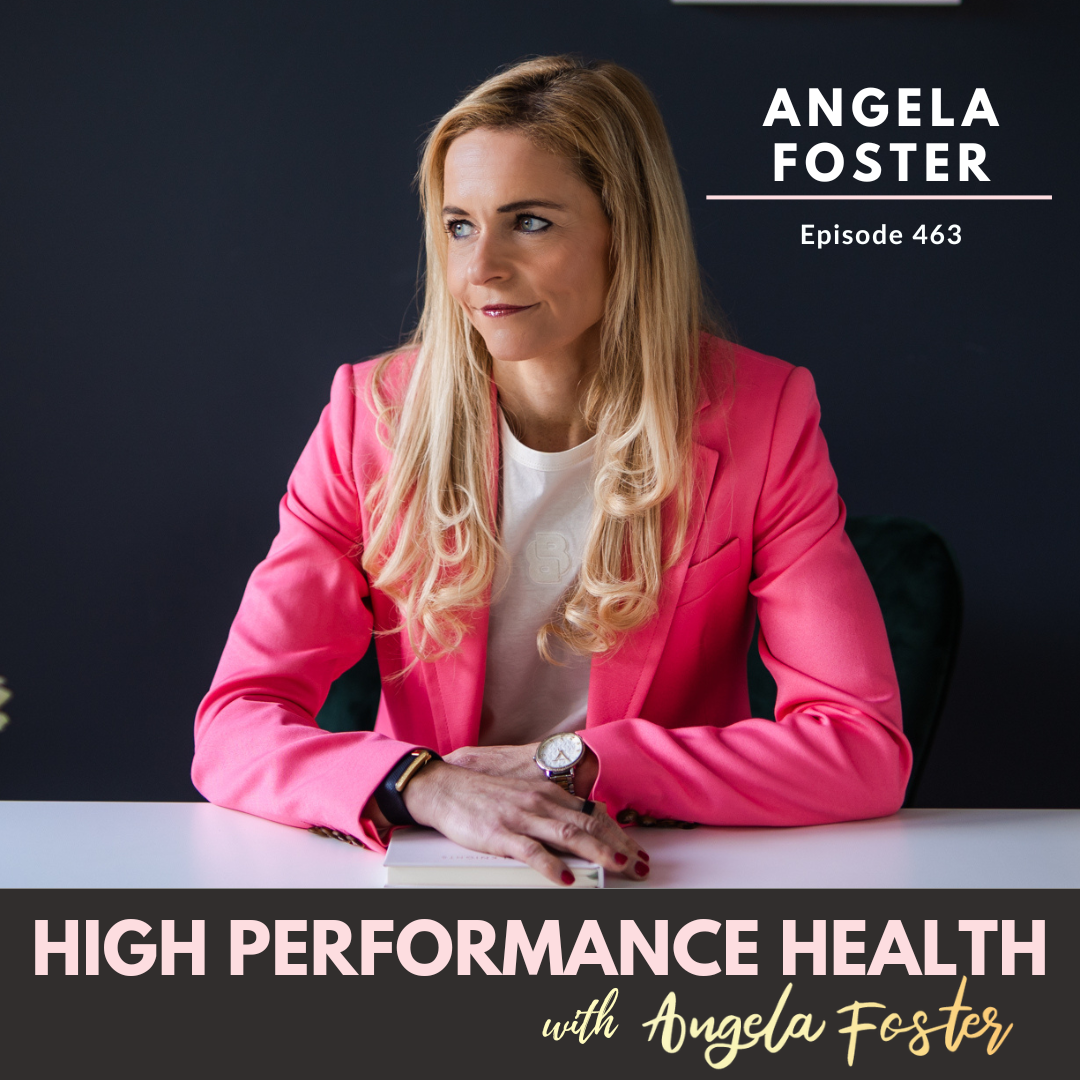
EP 463- 90-Second Success Formula Daily Habit Mastery for Achieving Your Goals
IHeart Rate Variability (HRV) is one of the most powerful biomarkers we have for understanding how well our body adapts to stress, and it’s a core focus in my BioSyncing® Blueprint. But what actually moves the needle on HRV the most?
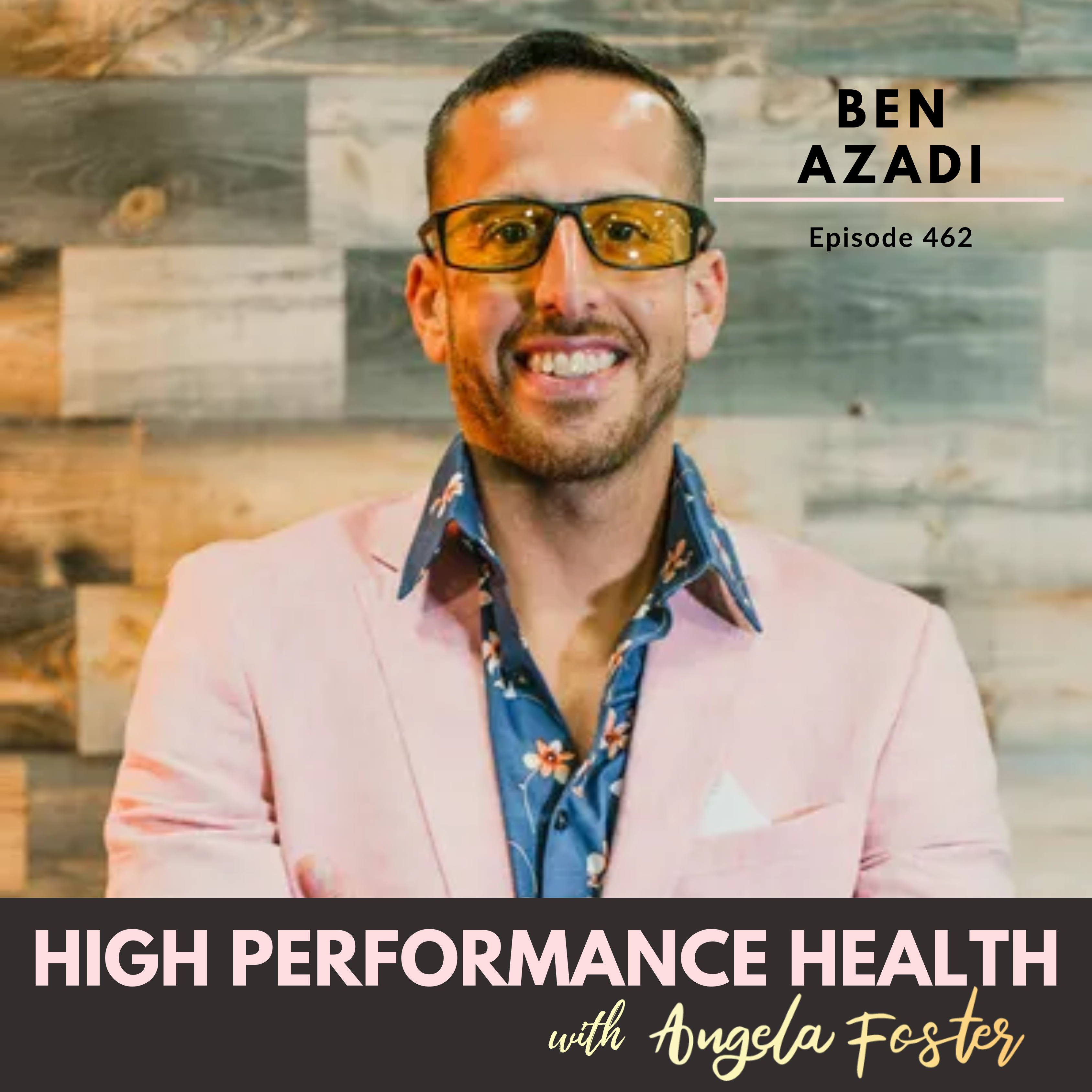
EP 462- Metabolic Freedom: The Missing Key to Fat Loss, Energy & Hormonal Balance | Ben Azadi
IHeart Rate Variability (HRV) is one of the most powerful biomarkers we have for understanding how well our body adapts to stress, and it’s a core focus in my BioSyncing® Blueprint. But what actually moves the needle on HRV the most?
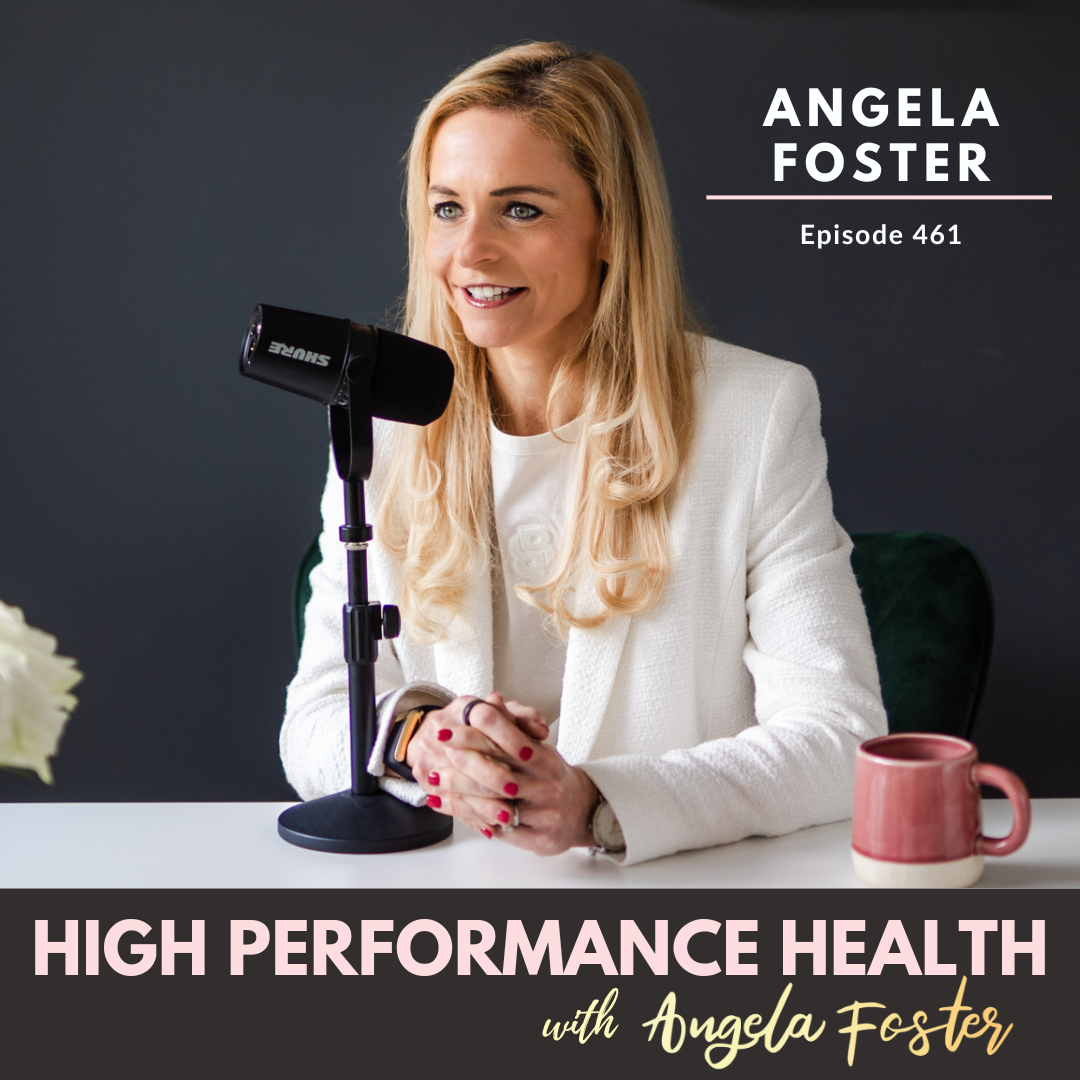
EP 461- Bitesize Biohack 3 Ways to Burn More Fat!
IHeart Rate Variability (HRV) is one of the most powerful biomarkers we have for understanding how well our body adapts to stress, and it’s a core focus in my BioSyncing® Blueprint. But what actually moves the needle on HRV the most?
